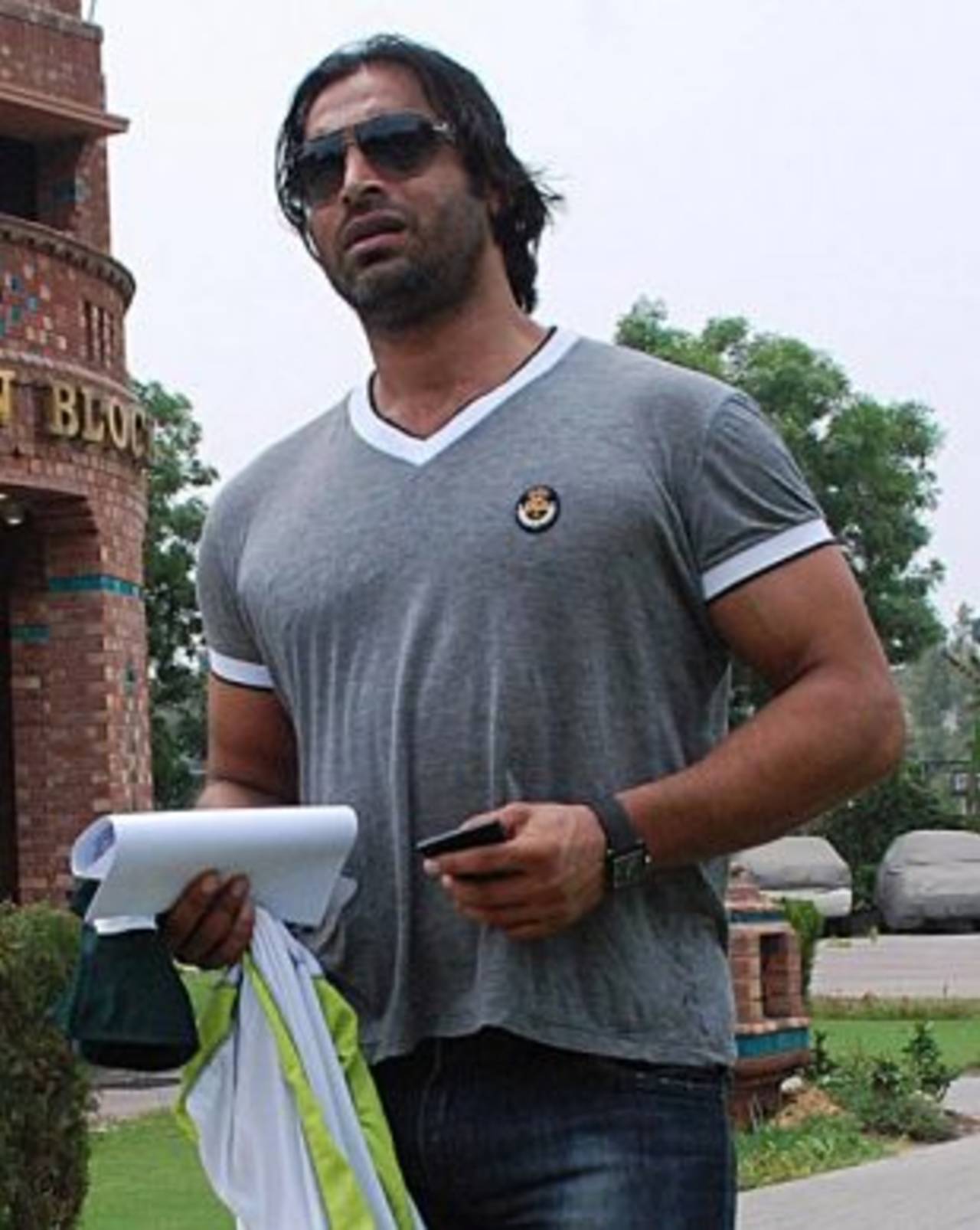It's easy to understand the concerns of both players and administrators as the ICC seeks to iron out the wrinkles in its recently adopted comprehensive drug-testing policy. The players are naturally worried about an invasion of privacy. For their part the ICC doesn't want to be seen as an administrative body that went soft on the players and was out of step with major sports around the world.
In a recent interview on the subject of the ICC's drug testing, the CEO, Haroon Lorgat, made a crucial point: "We hope to ensure that our sport remains fair and clean." If international cricketers want to better understand why this is so critical they only have to study what a damaging effect performance-enhancing drugs (PEDs) have had on Major League baseball in America. Baseball's failure to implement a drug-testing policy until the middle of this decade is having a disastrous ongoing effect on the way players of recent vintage are perceived. Every player from this era is assumed to be guilty by association, as a number of baseballers have said.
What happened in baseball in an era of non-testing was an escalation in the use of PEDs. The borderline major leaguers indulged because they thought it might be their ticket to a longer and more rewarding career. Some top-ranked players succumbed, presumably because they saw other high-calibre performers enhancing their records and enjoying the adulation of the fans. Not wanting to be left in their wake, they found a way to prolong their career, and in doing so increase their chances of reaching the Hall of Fame. Now that some of the top-notch players are being "outed" by rumours and evidence of positive results from unofficial tests, they are considered by many to only be deserving of the Hall of Shame. And then there were those who used PEDs purely to ensure they were able to keep up with the daily grind, and others who did it to speed up the recovery process when injured. The result is an era of dubious records and suspicion of every player who suddenly had a breakout season or "bulked up".
My gut feeling is, cricket doesn't have a problem of that magnitude. Nevertheless, it would be naïve to think cricket players are absolutely clean. Tim May, the CEO of FICA, the Federation of Cricketers' Associations did suggest a few years ago that if the schedule kept expanding at an alarming rate, some players would be tempted to use artificial means just to stay on the field.
If cricket shied away from a tough drug-testing regime, there's no guarantee doping wouldn't escalate and then down the track fans would have doubts, like there are in baseball now, over players' records.
It's easy to see why the ICC wants a random and year-round drug-testing regime. In cricket there's a major imbalance in players' earnings. If doping did escalate, the higher-paid performers would have access to the more sophisticated drugs. The risk of not having a tough, year-round drug-testing regime would be a widening in the competitive gap between the haves and the have-nots. The players using the cheaper drugs would also run a greater risk of being caught out by testing.
The
main gripe of the players - and it's not just the cricketers but a number of different sportsmen - is that they have to notify the officials of their whereabouts out of season. As well as being an invasion of privacy, the players point out that it's also a security risk having people know their whereabouts. The ICC is trying to address this concern, as I'm sure are all sports involved in the World Anti Doping Agency (WADA) testing regime.
However, in the end it may be the price the players have to pay to ensure "the sport remains fair and clean". While it may be an inconvenience at the time, in the years to come, players will be grateful. If a tough testing regime ensures the public isn't questioning the integrity of players whose records feature more asterisks than an ancient honour roll, then it will have been a price worth paying.
